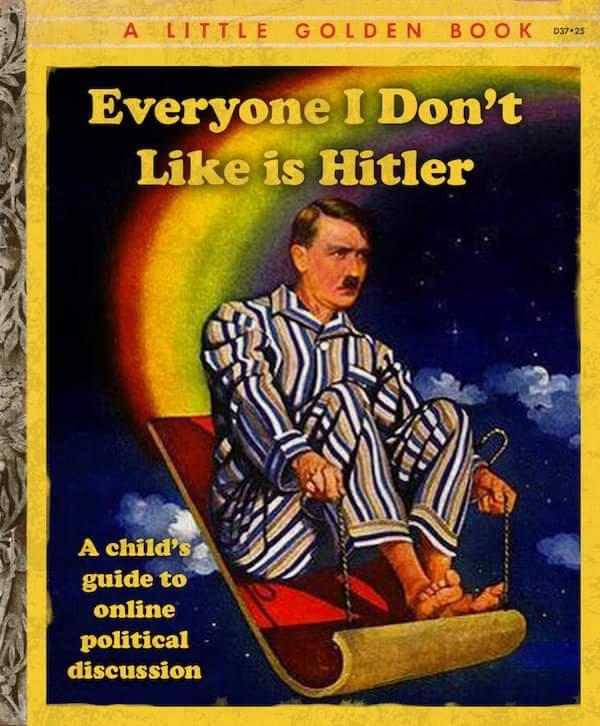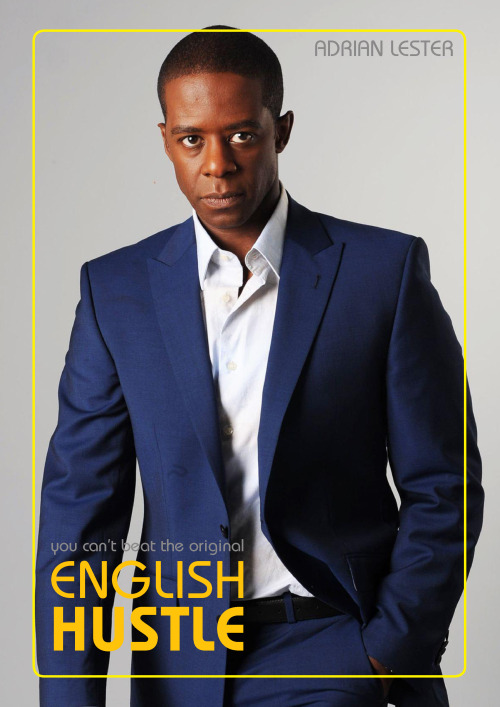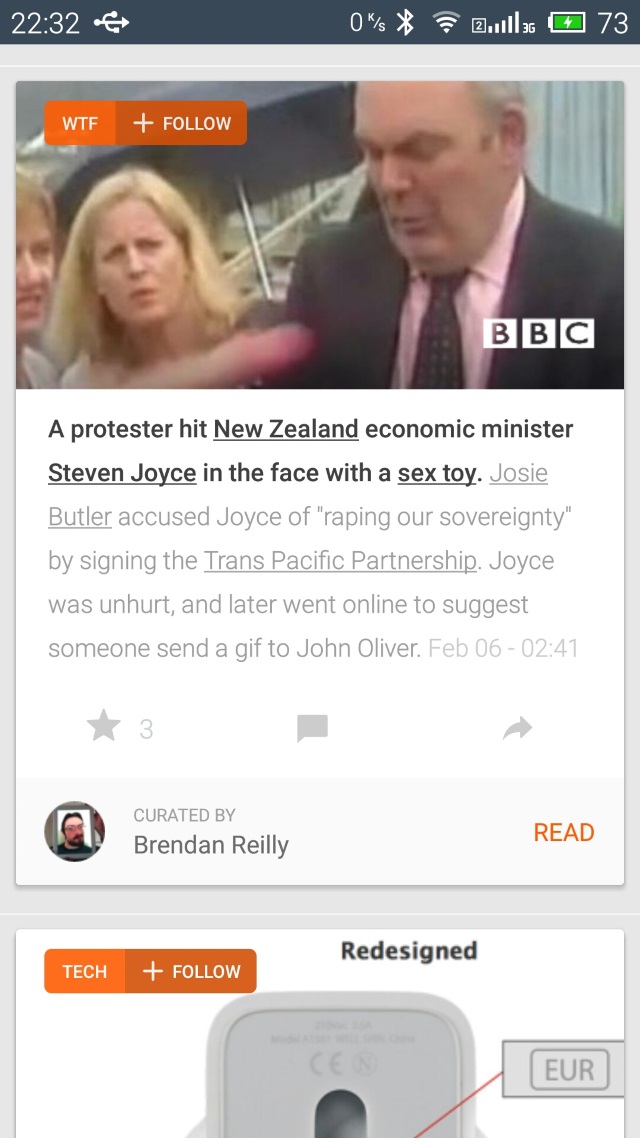Dave Troy’s analysis of the Elon Musk takeover of Twitter makes for interesting reading, since Troy has actually spoken to Twitter co-founder Jack Dorsey and has a bit more of the inside track than most.
For starters, Troy reminds us that Dorsey trusts Musk, in order to keep Twitter away from Wall Street investors. Dorsey has said this publicly in a Tweet. He believes this acquisition is about ideology, so Musk doesn’t care if Twitter doesn’t make money—or at least, money will come if the technology is opened up and they can charge for other things built on top of it. Getting data on all of us helps Musk in a big way, too.
Troy posits that Musk believes we need to be on other planets, so we shouldn’t help the poor in our quest to get off this rock; but another interesting one is that he believes in a multipolar world order, something Vladimir Putin has talked about. Musk believes in rule by technocracy, Troy theorizes, not by politics. He also believes Musk is a sociopath.
All this is quite fascinating to read. Taking Troy’s words on Putin, Musk and Dorsey sharing the same vision:
All seem to think a “multipolar world” is a good thing, because after all, shouldn’t Russia get to do its thing and not be bothered by anyone else? That’s “free speech” and opposes “cancel culture,” right? So yeah, that’s aligned with Putin. But Putin himself doesn’t support free speech; his government censors wildly, but it does support speech that breaks the hegemony of the Western elites. As do Musk and friends. This is internally inconsistent.
Because of these shared values, Troy foresees Musk teaming up with D. J. Trump at Truth Social and Kanye West at Parler to control the information space.
It points to a pretty dark outcome and a polarizing world, but one which has been brewing for a long time.
We could talk about the failure of neoliberal economics and, therefore, the western hegemony. With all the figure-massaging by China when it reports its GDP, there’s still no denying that the country has risen vastly in mere decades. And Putin has said as much about wanting to fight back against western hegemony.
It’s incredibly easy to fall back on “them and us” as a concept. Dictators might find it easier to make their positions official (even if there is internal dissent that is driven underground), while the west can broadly talk about diversity while not truly breaking ranks with the neoliberal order. Our Blairite government here is positioned as such while having a social veneer (and a modicum of restraint) based on history and market positioning, while the Opposition will make things that much harder and is more blatant at wanting to do so.
I would have once said China had the potential to be an outlier, raising its educational standards and embracing Confucianism, which has its foundations in free thought and liberalism, balanced with preserving a relationship between state and subject. Perhaps with Hu and Wen things could have gone that way. Under Xi Jinping the aims have changed, and at least one China-watcher I know (who knew Xi’s father and knew of Xi from 1982) tell me that they foresaw this.
I’m not going to make any bold predictions myself, but the world looks like a place that won’t become multipolar but bipolar, and Twitter is one tool that is going to accelerate this trend—building on top of what Facebook and Google have already done by forcing users into silos. Meanwhile, Baidu et al will no doubt reflect the official positions of their governments.






